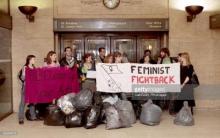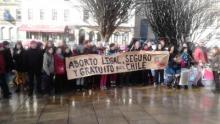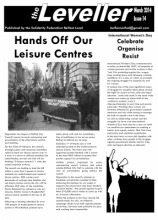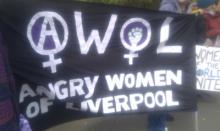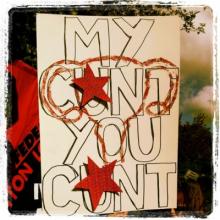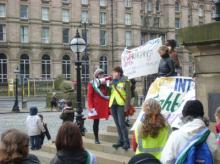Women who clean at home or at work face the same risk as smoking 20 cigarettes a day
New research has again highlighted the dangers posed to health from the use of chemicals used in cleaning. Disturbingly, the research has found that the use of cleaning products has an impact on lung health comparable with smoking a pack of cigarettes every day. This latest evidence adds to the urgent need for a fundamental review of how, as a society, we carry out cleaning, not just in the workplace but also in the home. The research has also again highlighted the dangers faced by women in particular from the use of chemicals used in cleaning.
